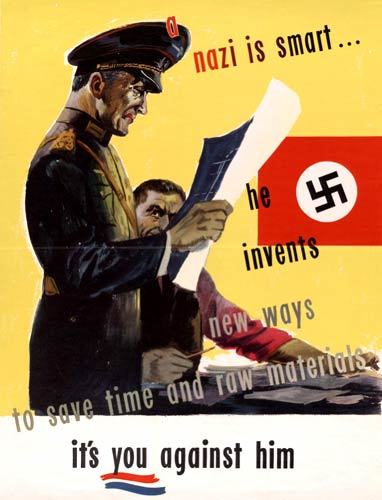Open Your Ears to Media Fears
I want to take you back in time to the era of your grandparents. It was the 1920s, and, according to history.com, for the first time in American history, more people lived in cities than in rural areas. And what we know as modern mass culture was birthed. From sea to shining sea, Americans listened to the same music, danced the same dances, and purchased the same goods. It was the homogenization of a nation.
Advertising played a large part in the cultural shift of the 1920s, and advertising has continued to greatly influence the national zeitgeist, or mood of the country. Our programming has become increasingly and deeply psychological, and if we see it for what it is, we can avoid being played by the system.
While advertising today has its roots in 1880s industrial expansion (eyewitnesshistory.com), the voice of ads seemed to shift after World War I, just on the cusp of the 20s. Take Coca-Cola for example:
When first introduced in the 1880s, [Coca-Cola] was marketed as a medicine, with claims that it cured headaches, and that it "revived and sustained" a person. Seeking to build repeat business and brand loyalty, by the 1920s the company emphasized it as a refreshment and a "fun food".
What’s interesting here is that advertising changed its game after a major war. In the case of Coca-Cola, the messaging shifted: where benefits to the body were once touted, now the feel-good experiences of the mind (psychology) took center stage. This is an example of the type of advertising that began to emerge as a result of the US government’s “first official foray” into creating propaganda during World War I (pbs.org).
Sure, there are plenty of products and companies that still today employ feel-good sales tactics and brand messaging. But if you’re anything like me, you may have also noticed that psychologically driven advertising has quite a darker side. In fact, another war—WWII—is responsible for this dark shift.

reaperswargaming.co.uk
Hitler's systematic murder of millions of Jews was a very dark atrocity. And so was Hitler’s propaganda. In response to Third Reich advertising, however, American propaganda began to take on a more sinister tone. Why not disseminate the same psychological manipulation to US consumers? After all, countrymen needed to be convinced of the great horrors of Nazism (and the great majesty of patriotism!), and that happened by appealing to more personal convictions, such as identity, hopes, dreams, fears, pride, prejudice, and so on.
And here now we stand with the modern state of American advertising/ propaganda. The latest propaganda I have been receiving is from Trump, who decries how “fake” news media is. In such a declaration, we have now been opened up to the possibility that we cannot even know what’s true. Whereas propaganda can be used to appeal to or plant a “truth” in us (think WWII variety), the very question of what is real or not seems to be up for grabs. Trump's statements, however, are but expected rhetoric for a president who aspires to absolute power and says, “You can trust nothing, but you can trust me.”
The big lesson here is that you must separate your values from your media. Think for yourself, and stoically observe how others are trying to sway you. Most of the messaging coming to you is a game to win your loyalty. If you know what you stand for, you will know where to place that loyalty, but if you are searching for meaning in life, you will be pandered to and given a meaning—not usually for some altruistic purpose but to convince you that your vote, whether with a ballot of a wallet, counts for something.
Finally, think about this statement of mine:
There is a fine line between a cult member and someone who rushes out to buy a Big Mac after seeing a McDonald’s commercial.
It's true to me. Both persons use messaging to construct meaning that inspires their actions, although, you may argue, on different scales.
And with that, friends, be mindful and remember: Winston tastes good like a cigarette should!



